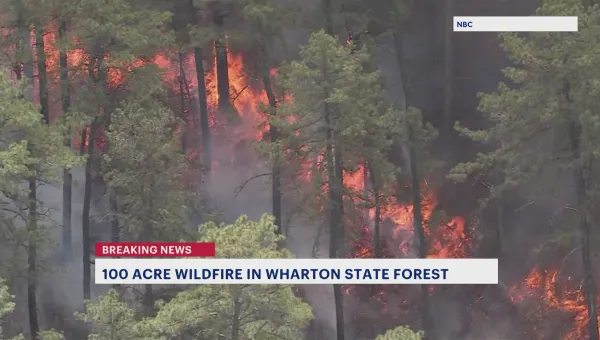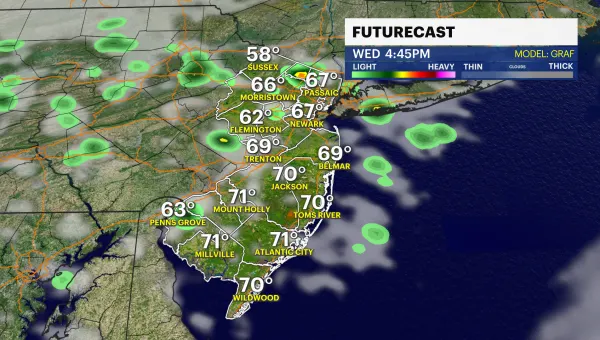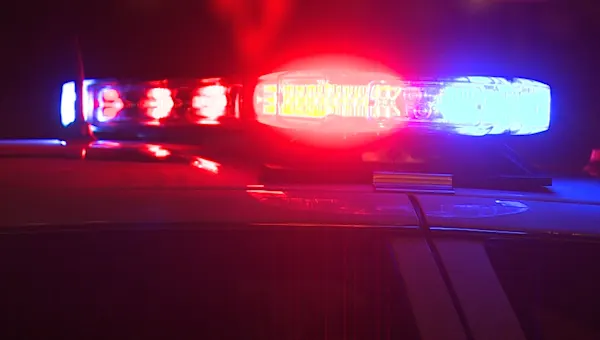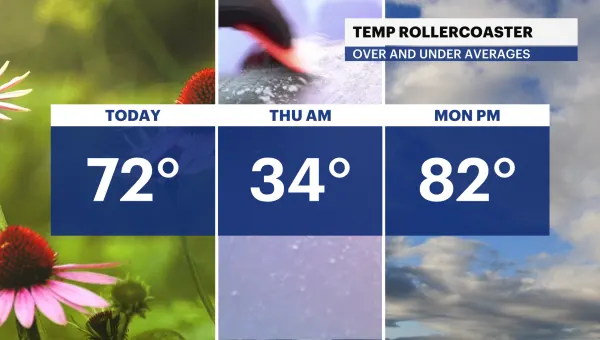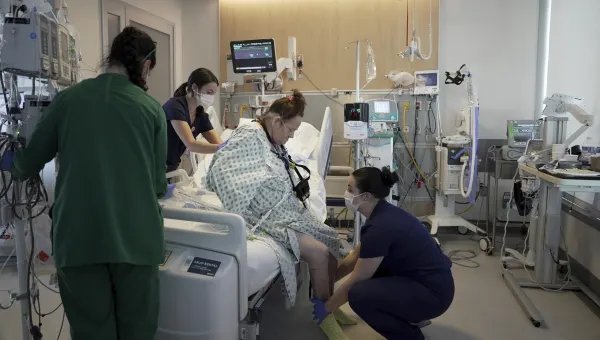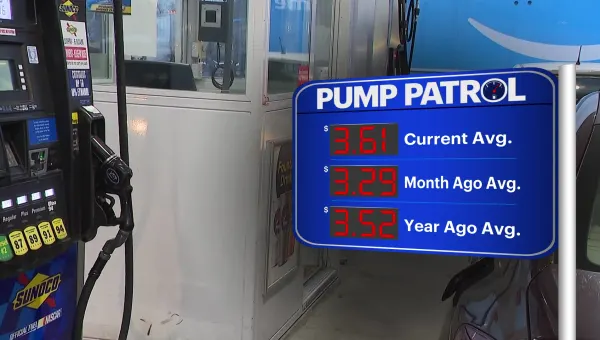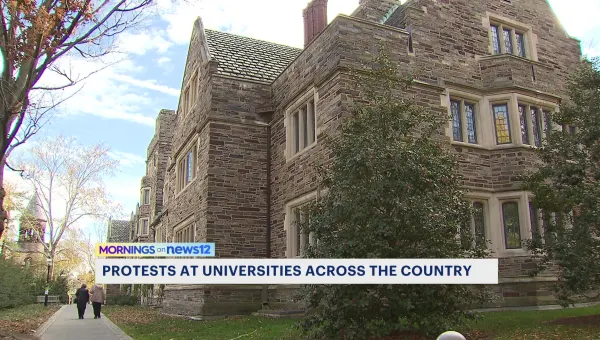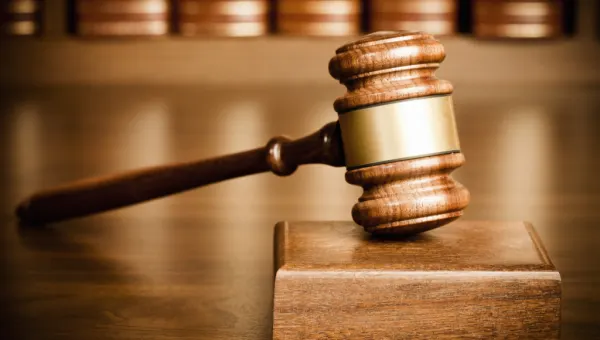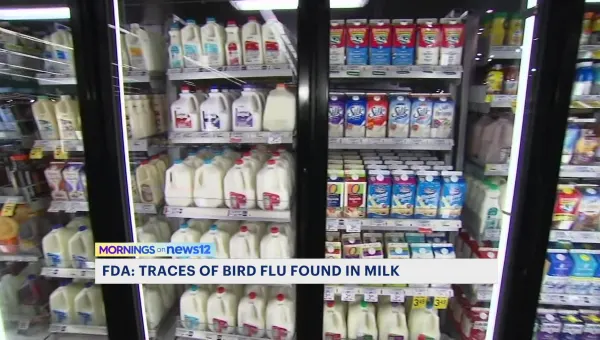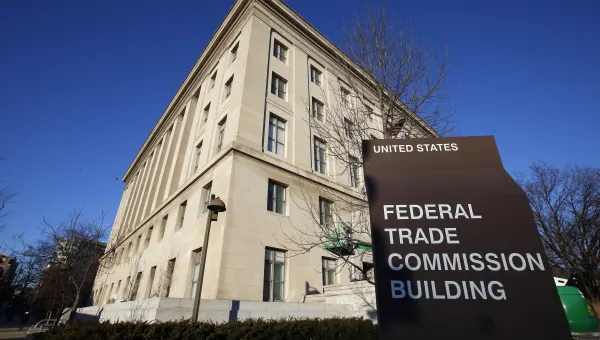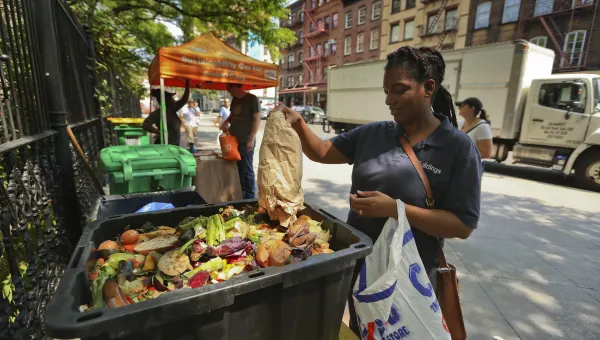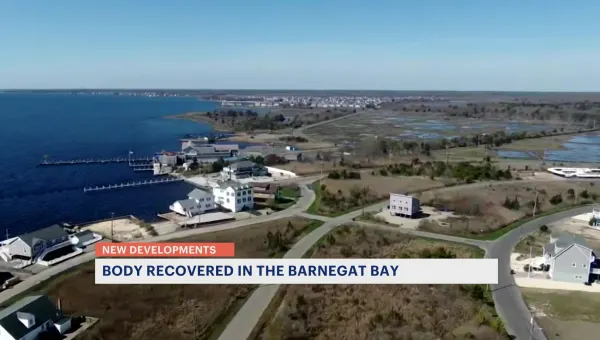Environmental groups oppose planned NJ Transit gas-powered power station
Environmental activists are calling on Gov. Phil Murphy to stop in to stop a New Jersey Transit power station that has been proposed to be built in Kearny.
News 12 Staff
•
Oct 17, 2019, 2:40 AM
•
Updated 1,651 days ago
Share:
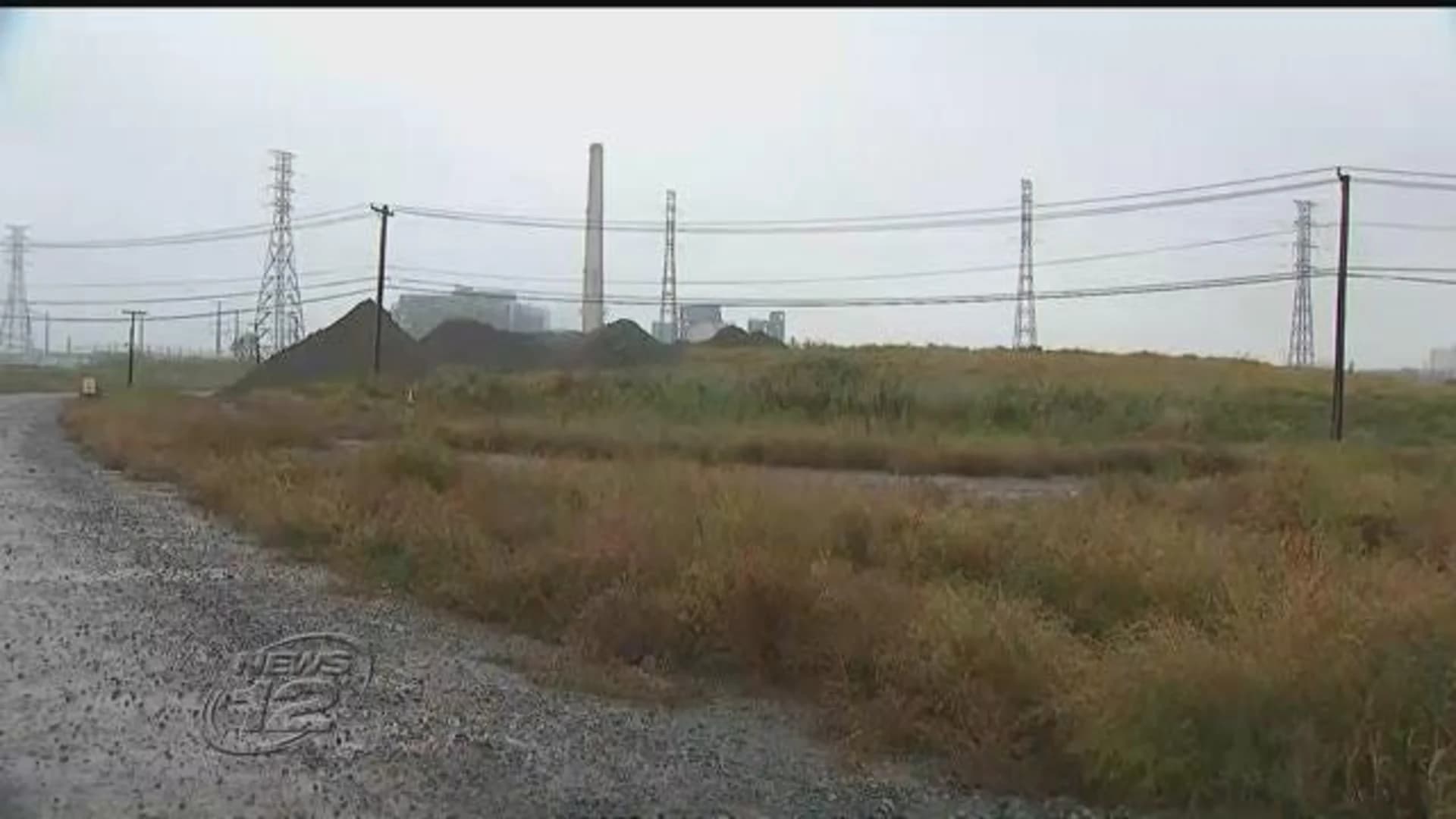
Environmental activists are calling on Gov. Phil Murphy to stop in to stop a New Jersey Transit power station that has been proposed to be built in Kearny.
NJ Transit wants to build the power station on a site on the Hackensack River, just south of the Portal Bridge. The agency says that the power station is a state-of-the-art natural gas-fired electric power-generating plant. The project would create 205 construction jobs and 30 permanent ones.
But environmentalists are trying to stop it.
"If the governor's committed to getting us to reducing climate impacts and getting us to 100% clean energy if New Jersey Transit builds this plant, the governor's words are nothing but hot air,” says Jeff Tittel with the New Jersey Sierra Club.
Several protestors demonstrated against the planned power plant outside NJ Transit headquarters in Newark on Wednesday. They spoke during the public comment section of the board meeting.
"New Jersey Transit owns so much land, whether it's parking lots or whether it's above their rail. This is not an issue of space, this is an issue of willpower,” says Cassandra Worthington with the group Food & Water Watch.
Tittel says that there are better sources of power than natural gas.
"The purpose of this is to power a microgrid and it’s better to power a microgrid with what's called distributive generation thing like solar, wind, battery storage,” he says.
The project would start in 2021 and take four years to complete, is part of the NJ Transit's Resilience Program. The power plant would be designed to provide an alternate source of power during emergencies. It would power a microgrid that could disconnect from the main electrical grid and power rail and signal operations.
"If we're going to power our trains and get people out of cars so we lower air pollution, then we should do it with energy that's also clean, that's not going to be polluting the air,” Tittel says.
NJ Transit says that the land is too small for alternative sources of energy. It says that under normal operations the plant and grid would power parts of the grid in a cost-effective manner.
The plant would generate nearly 600-thousand metric tons of greenhouse gas emissions per year. Food & Water Watch says that would make the plant the 13th worst emitter in the state.

